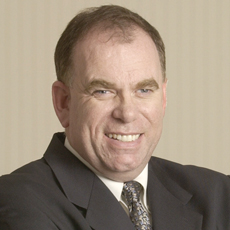
A friend who is a dentist used to regularly see residents at a nearby facility. There, he would examine patients and make arrangements for them to visit his dental office when necessary. But he stopped doing this about two years ago. Why? The hassle just wasn’t worth it.
For example, he discovered that many of the patients had broken teeth that required a large buildup and a crown. But family members were often reluctant to pay, or even help chip in. Then there were the times when a tooth had to be extracted. Care to try that on a patient who is already on blood thinners and perhaps a dozen more drugs?
“The combination of payment, treatment, and liability of the patient with the drugs and their physical condition became time consuming and frustrating,” he noted.
I was reminded of his angst when I saw a recent report in the New York Times that calls poor dental hygiene in nursing homes “an epidemic.”
As challenges go, fixing this one will probably be much more difficult than pulling teeth.
The paper of record cited a 2006 study done at five New York facilities. There, investigators found that a mere 16 % of residents received proper oral health care. Among the patients that did, the average time spent brushing teeth was a less-than-rigorous16 seconds.
Yes, federal regulations do require staff to help brush a resident’s teeth when necessary. But that can be easier said than done. That’s especially the case when a resident has dementia, or simply doesn’t want another person helping with oral care.
Some tips on managing oral care, from a dentist for geriatric patients, can be found here. Unfortunately, residents who neglect their teeth face more than additional pain. New studies suggest that the problem may trigger pneumonia, one of the leading causes of nursing home deaths.
So what’s to be done? I believe that you can’t solve all of society’s problems by throwing money at them. But I’ve also seen that when needed funds are unavailable, problems tend to fester. And that’s sort of where we are with dental care in senior living.
Yes, more seniors doing a better job of taking care of their teeth would be a great start. Aides adopting a more forceful stance might help reduce gum disease and cavities. But until dentists have a larger fiscal incentive, it’s probably not likely they’ll be flocking to facilities any time soon to fix problems. In other words, the epidemic will likely get worse.
That may be good news for the nation’s puree manufacturers. But it’s not so good for anyone else.




